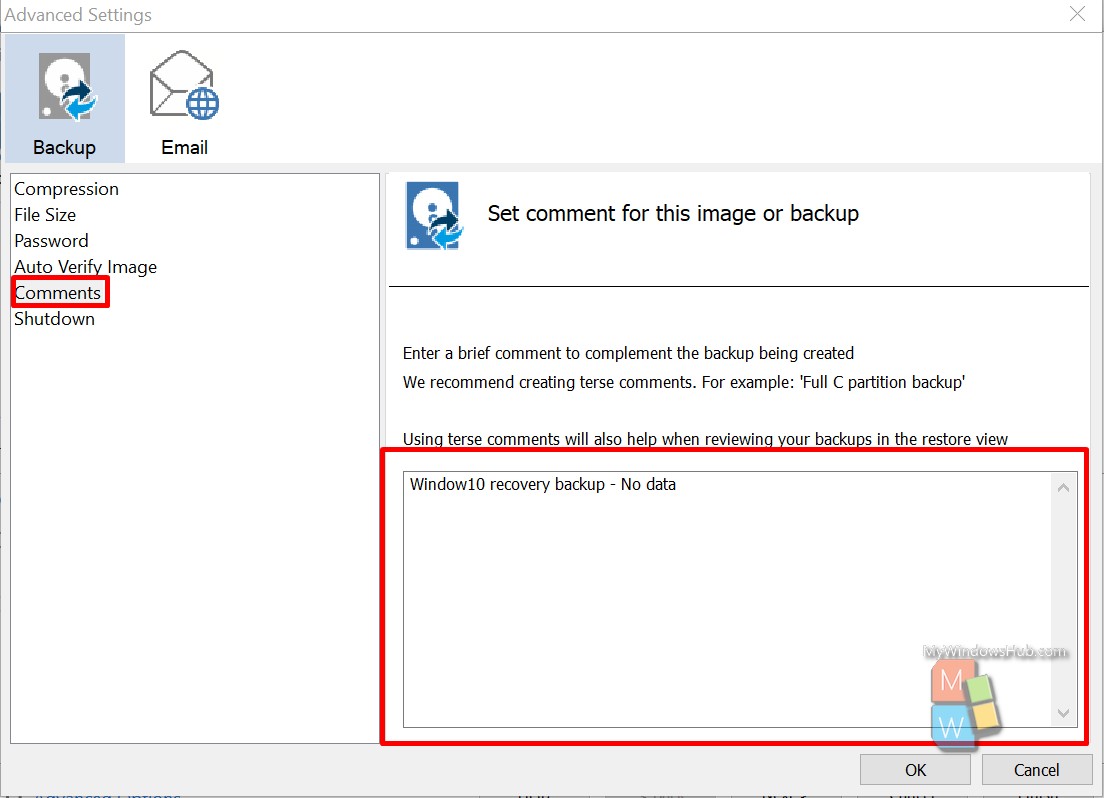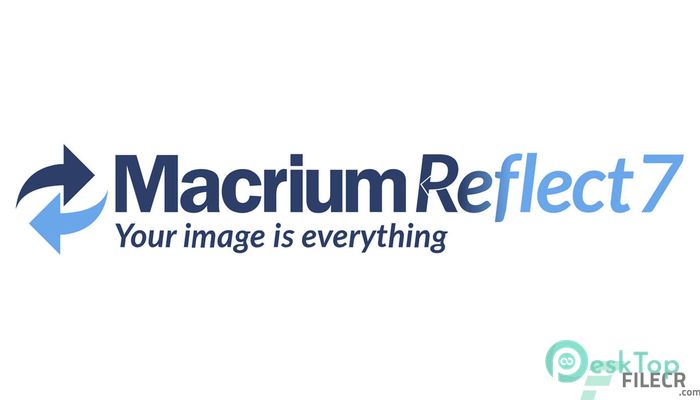


- #MACRIUM REFLECT FREE EDITION REOVERY ISO INSTALL#
- #MACRIUM REFLECT FREE EDITION REOVERY ISO DRIVERS#
- #MACRIUM REFLECT FREE EDITION REOVERY ISO SOFTWARE#
After the failure of the recovery media I cited above I experimented and saw that Easy2Boot could also boot the Macrium Recovery ISOs just fine. So you can have different recovery media ISO files and boot to any of them. I have a collection of ISO files that I boot from.
#MACRIUM REFLECT FREE EDITION REOVERY ISO SOFTWARE#
This is a set of software and scripts that can boot dang near any bootable ISO file off a single USB drive. I have a utility I've used for years called Easy2Boot. I always recover or backup from USB drives.

Networking, either ethernet or wifi might be a big exception. If it boots, can see the drive and the KB and mouse work you should be OK. As long as you don't stray from an average machine it should be OK to use any recovery media on any machine. I fetched the correct one and it saw the drive fine. I had the basic recovery media in my pocket and tried it, it could not read the drive. The single instance where it did not work was a very high end engineering PC that used dual NVMe drives in a hardware based RAID 0 configuration.
#MACRIUM REFLECT FREE EDITION REOVERY ISO DRIVERS#
All of them that worked on differing machines used the basic SATA drivers and other I/O drivers, so the mouse and keyboards worked and all instances saw and could write to the SSD. I have used the same recovery media on several computers, mostly just out of sheer laziness because I didn't take time to find the one specific to that device. In all but one case it worked fine, as far as the disk operations went. All internal HDD's, SSD's, USB HDD's and SSD's, optical disc drives, and network connected drives. However, what I'd do is test a boot, but make sure the recovery environment recognizes all Reflect sources. So, you probably can't guarantee 100% a rescue stick will work on all PC's. And, when I got the 2nd generation Dell XPS 8930, with slightly different hardware, that rescue stick did recognize the SSD.
#MACRIUM REFLECT FREE EDITION REOVERY ISO INSTALL#
So, I had to boot into Windows, install Reflect, and create new rescue media. However, the recovery environment didn't recognize the SSD. When I got a Dell XPS 8930 with an SSD, I tried booting my old rescue stick to image the drive before starting Windows for the first time. For instance, I had a Reflect USB recovery stick made from a Dell XPS 8700 without an SSD. There probably isn't a 100% sure fire solution. Is this effort worth pursuing or is it too likely to cause problems? Having a recovery medium that doesn't work is pretty useless - about as bad as not being able to find the correct one. The same set of WiFi profiles are used across all 4 computers (and are used only for testing - using external wireless adapters - on the desktops). There are 4 different chipsets are involved, 6-8 different network adapters, 4 different drive configurations (but at least 3 are pretty generic). I assume this would, at the very least, involve collecting all necessary drivers and inserting those not native to the computer doing the build. Is it possible to create a single USB recovery device that will work with multiple computers? I have 4 computers (2 desktops, 2 laptops) with different hardware configurations.


 0 kommentar(er)
0 kommentar(er)
